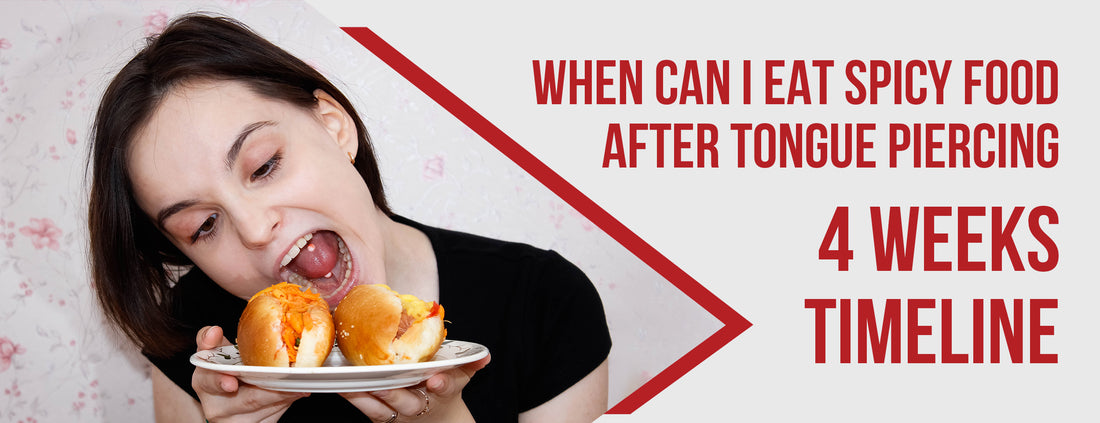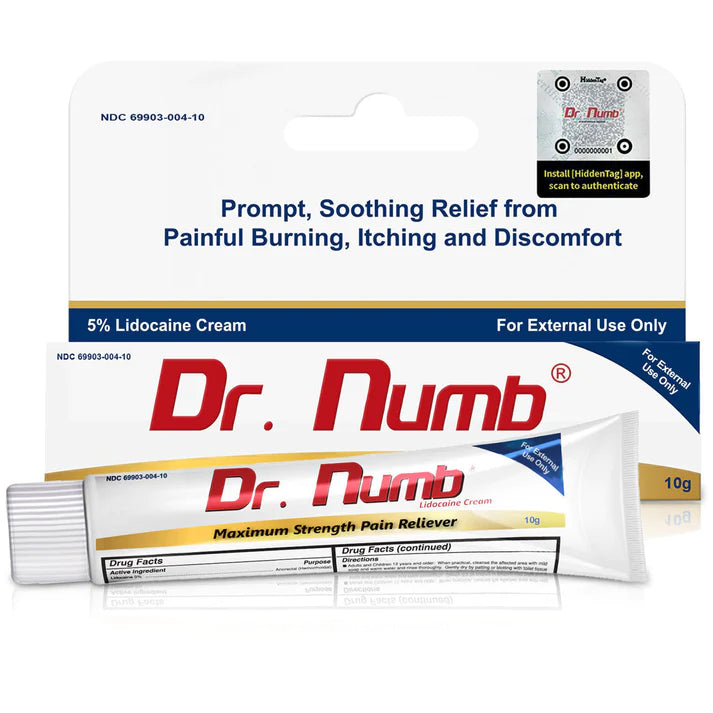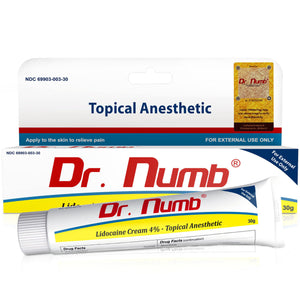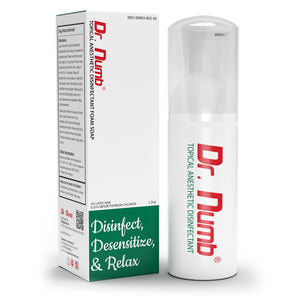Spicy foods can cause irritation and discomfort to your tongue, potentially leading to increased pain and swelling. They may even result in bleeding from the piercing site. Oral jewelry can intensify hot and cold sensations, further contributing to inflammation and discomfort around the piercing area.
To promote healing and minimize irritation, it is advisable to wait 2-4 weeks after getting a tongue piercing before consuming spicy foods. During the initial healing phase (up to two weeks), following a soft diet that avoids acidic, hot, spicy, and salty foods can aid in the healing process by preventing additional irritation.
In this blog post, we will delve into consuming spicy foods after getting a tongue piercing, providing you with a comprehensive timeline, specific guidelines, and helpful tips.
When Can I Eat Spicy Food After Tongue Piercing: Timeline

A tongue piercing comes with some special considerations regarding food. Getting a tongue piercing often leaves people wondering how long it will take for them to eat spicy food again. Here is a guide to safely reintroducing spicy foods after the procedure to keep your taste buds happy.
The First Week After Piercing: Liquids and Soft Foods Only
In the first week after getting a tongue piercing, you should be extra careful with your diet. During this time, the piercing site is still sensitive and fresh.
Consuming hard or spicy foods can be uncomfortable or even cause complications. Your piercing is still healing, and you must avoid any foods that may irritate it. The diet should consist of liquids and soft foods. You should consider:
- Smoothies.
- Soups.
- Mashed potatoes.
- Yogurt.
- Pudding.
The Second Week After Piercing: Gradually Transition to Semi-Solid and Solid Foods

After the first week, you can gradually introduce more textured foods that won't irritate your piercing. It is still advisable to avoid anything too hot or hard. You need to take these types of food.
- Scrambled eggs.
- Oatmeal.
- Cottage cheese.
- Soft fruits (e.g., bananas, avocados).
- Cooked vegetables.

The Third Week After Piercing: Introduce Mildly Spicy Foods Carefully
After three weeks, you can consider reintroducing spicy foods to your piercing. When you first use spices, you must be careful and start with mild ones. Now you can eat these types of foods:
- Mild salsa.
- Curry with mild spices.
- Hot sauce with a low Scoville rating.
- Sriracha in small amounts
- Mild chili or soup.
The Fourth Week After Piercing: Resuming Full Spicy Food Intake

You can resume your previous diet, including spicy foods, after 4 weeks if your tongue piercing has healed sufficiently. The healing process varies from person to person, and some people may have trouble tolerating spicy foods again.
- Spicy curry.
- Hot wings.
- Spicy ramen.
- Szechuan cuisine.
- Spicy barbecue.
You should always put your healing process first before getting a tongue piercing. Keeping this timeline in mind, you should be able to reintroduce spicy foods to your diet safely and enjoyably. If you have any concerns, consult your piercer or a healthcare professional.
Spicy Foods After Tongue Piercing: Guidelines
The piercing of the tongue has become a popular way to express oneself, but it requires careful aftercare to avoid complications. People with tongue piercings often ask when they can eat spicy food again.
This post provides guidelines for timing your spicy food intake and discusses special considerations for healing processes.
Tongue Piercing and Spicy Food
To ensure a successful recovery from tongue piercing without irritation, inflammation, or infections, follow these general guidelines:
Wait at least 2-3 weeks: After getting a tongue piercing, experts recommend waiting at least 2-3 weeks before eating spicy food. Your tongue will heal, forming a protective layer over the piercing. If spicy food is consumed too soon, it may irritate the area, cause pain, or prolong healing.
Pay attention to your symptoms: How spicy foods affect your mouth. Avoid or reduce your spicy food intake if you notice swelling, redness, or pus around your piercing site. Saline solution or antiseptic mouthwash can soothe inflammation and prevent infections in your mouth.

Special Considerations for Unique Healing Processes
The average healing time for a tongue piercing is about 4-6 weeks, but individual healing speeds may vary. Consider these special considerations:
Factors Affecting Healing Time: Age, nutrition, immune system strength, oral hygiene, and jewelry size and placement may affect healing time.
An older adult or someone with underlying health conditions may take longer to heal, while someone who eats a nutritious diet and practices good oral hygiene may recover more quickly.
Spicy Food Introduction Timing: Introducing spicy food earlier or later may be more appropriate than the general guidelines suggest. A healthcare professional or piercing artist can assess your situation and provide personalized advice if uncertain.
It's best to start with mild spices and build up the heat. Ice cream, yogurt, and milk can also help soothe any discomfort caused by the spiciness.
Spicy Foods Eat After Tongue Piercing: Tips
After getting your tongue pierced, you must follow a strict aftercare regime to ensure it heals properly. Healing usually takes 6 to 8 weeks, depending on the individual.
Spicy foods should be avoided during this time. Your diet can be gradually reintroduced to spicy foods after you have healed. You should do this slowly to see how your tongue reacts to the spice.
Manage Discomfort While Eating Spicy Foods With A Tongue-Piercing
Spicy foods can be uncomfortable for people with tongue piercings. Inflammation and pain can also occur around the piercing. To manage this discomfort, follow these tips:
- Start with less spicy foods until your tongue adjusts to the heat.
- Avoid irritating the piercing by eating slowly and chewing thoroughly.
- After eating spicy foods, rinse your mouth with warm saltwater to reduce inflammation.
- If swelling occurs around the piercing, apply ice or a cold compress.
Maintain Good Oral Hygiene After Tongue Piercing

Maintaining good oral hygiene after getting your tongue pierced cannot be overstated. To maintain good oral hygiene while eating spicy foods, follow these tips:
- Use fluoride toothpaste and a soft-bristled toothbrush twice daily.
- You can kill bacteria in your mouth and freshen your breath after eating spicy foods.
- Tobacco products can increase the risk of infections and slow healing.
- Alcohol can irritate the piercing site and increase infection risk.

Conclusion
Tongue piercing has become a fashionable form of body art, but it requires proper aftercare to avoid complications. The aftercare process for tongue piercings includes knowing when to eat spicy foods, which may irritate the piercing and lead to infection.
If you follow the timeline and guidelines outlined in this blog post and are mindful of your unique healing process, spicy foods can be reintroduced into your diet, and you can enjoy a healthy and stylish tongue piercing.








![The Recovery Time and Stages of Nipple Piercings [Best Practices]](http://drnumb.com/cdn/shop/articles/How_Long_Do_Nipple_Piercings_Take_To_Heal__3_Stages_Explained.jpg?v=1714373243)

